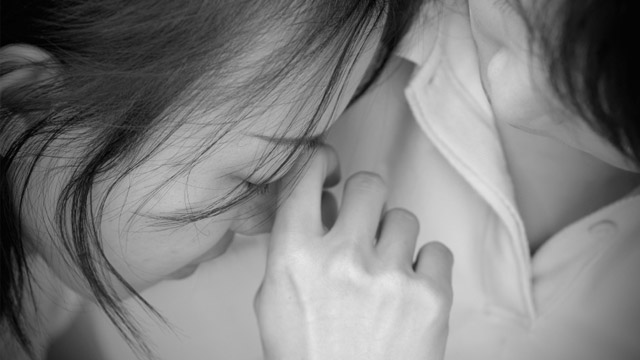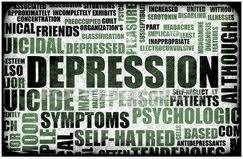For this year’s AAPI Heritage Month, I will take each day to pull one of my favourite posts or pieces from the archives highlighting some aspect of AAPI history and heritage, and add to it a short commentary and reflection. I invite you to check back every day for this #ReappropriateRevisited month-long feature!
May is AAPI History and Heritage Month, but it is also national Mental Health Awareness Month.
Mental health is a critical issue for AAPIs. In many studies, AAPIs — young men, women, seniors, and college students — are more likely to experience depression and anxiety-related symptoms than people of other races. Among certain segments of the population, mental health and suicide rates are higher — in some cases significantly higher — than the national average.
Yet, within our community, mental health issues rarely receive attention. Stigmas that either silence conversation about mental health, or alternatively that spread misinformation about mental illness, abound within the AAPI community. AAPI who are fighting mental health issues are treated with shame and suspicion, and therefore rates of reporting mental health concerns are particularly low for our community.
I am particularly impassioned about AAPI mental health. I believe that our reluctance to address this highly prevalent health concern is literally hurting (and even sadly, in some cases, killing) our brothers and sisters, our mothers and fathers, our sons and daughters. When we are unwilling to have the uncomfortable, difficult, and emotionally draining conversations about mental health awareness and education that our community desperately needs, our complacence makes us complicit in a deeply wounding silence.
Every story of an AAPI suicide is, for me, a heart-breakingly preventable loss that results in part from our unwillingness to politically prioritize this issue within the AAPI community.
That’s why I’ve held numerous on-campus workshops about AAPI mental health — not as a mental health professional but as a workshop facilitator. My workshops are surprisingly well-attended. In them, I work to provide education about AAPI mental health issues and awareness about mental health resources, but my workshop attendees routinely say that the most valuable aspect of these workshops is how I work to create a safe space where they might really talk about mental health issues — whether it is about my attendees’ personal relationships with their depression or when witnessing a family or friend’s battle. These workshops have been among the most personally moving and memorable moments in my decade-long career of AAPI activism.
I earnestly believe that these conversations can create real movement on the issue of AAPI mental health — an issue that can greatly benefit from simple attention, education and awareness within our community, which can publicize available resources while it creates an environment of much-needed emotional and political support for AAPIs currently living with mental illness. This is why topics of AAPI mental health will always be a central focus of this blog; I believe this ongoing conversation is vital, and for some individual readers might even be life-altering.
Two years ago, I wrote a post for Mental Health Awareness Week, exposing ten myths of AAPI Mental Health. I think it is the perfect post to re-share for today’s #ReappropriateRevisited.
Mental Health Awareness Week: Top 10 Myths about Asian Americans and Mental Health
In 1990, Congress declared the first week of October to be Mental Health Awareness Week; today marks the final day of Mental Health Awareness Week 2013. In honour of this week, here are the top 10 myths about Asian Americans and mental health that remain pervasive in our community.
1. Mental health isn’t an Asian American issue.
In several studies that specifically examine the incidence of suicide among Asian Americans have found a far greater incidence among Asian Americans than many other ethnic groups. Most notably, Asian American women at multiple ages have higher suicide rates than the national average. In particular, both elderly Asian American women (>65) and men (>85) have the highest suicide rates compared to non-Asians. Suicide is the 8th leading cause of death for Asian Americans, (compared to 11th for the national population). These data strongly suggest a specific and under-addressed disparity in mental health awareness and treatment in the Asian American community.
2. Depression and mental illness is rare in the Asian American community.
Few studies have specifically examined the incidence of depression in the Asian American community, and those that have show some conflicting results, but in analysis of the National Latino and Asian American Survey, depression-related symptoms is reported in approximately 10% of Asian Americans. 15.9% of young Asian American women report suicidal thoughts (which is comparable to the national average).


